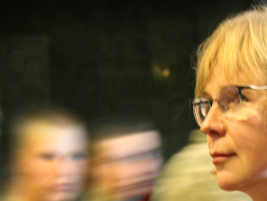Women's Human Rights
-
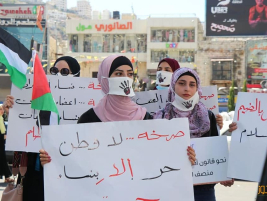
- Encountering Palestinian Women Who Stand Tall Amid Daily Crisis and Violence
-
Palestinian women who endure and resist occupation, oppression, and patriarchal structures, steadfastly continue life for the next generation.
-
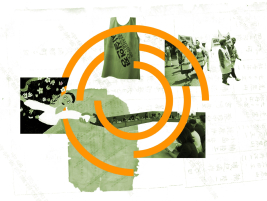
- “Voices of ‘Comfort Women’” as History in Progress
-
In 2022, as a result of Japan’s aggressive diplomacy, UNESCO’s MoW inscription rules were revised to require all documents to be submitted through national governments. Additionally, if a concerned country objects, the application is halted from entering the review process and must instead undergo a so-called “dialogue” procedure. Under these revised rules, any attempt by a victimized country to submit documents related to the Japanese Military “Comfort Women” is likely to be blocked before even reaching the review stage due to Japan’s opposition.
-
- “Stop Using Women’s Bodies as Battlefields!”
-
Iryna Dovhan, head of SEMA Ukraine, condemns the severe violence and suffering endured by countless women during the Ukraine-Russia war, which has persisted for over a decade.
-
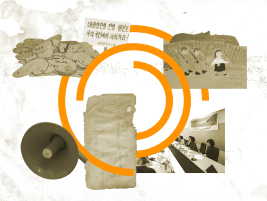
- The Unique and Irreplaceable “Voices of ‘Comfort Women’”
-
The history of the Japanese Military “Comfort Women” issue has challenged long-standing conservative cultural norms regarding women and sexuality in Asia by amplifying the voices of the victims. Moreover, it has contributed to the establishment of globally significant norms and values related to women’s human rights. This means that the records documenting the Japanese Military “Comfort Women” issue and related activities meet the criteria of “world significance.”
-
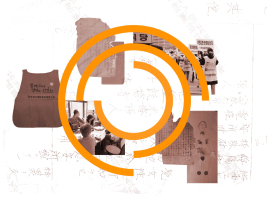
- Voices of “Comfort Women”: A Global Civic Movement for Memory
-
The suffering of the Japanese Military “Comfort Women,” one of the most tragic human rights abuses of the 20th century, should be preserved and managed as historical documentary heritage. This is crucial to prevent such atrocities from recurring and provide a lesson to future generations.
-

- Problems in the Ethics of Female Representation
-
A Conversation between Gina Kim and Han Sang Kim
-
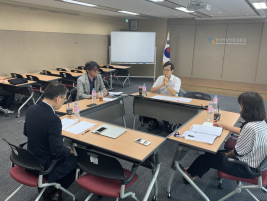
- The 2011 Constitutional Court’s Decision on the Unconstitutionality of Omission Marks the Turning Point for the “Comfort Women” Issue <Part 1>
-
<Part 1> Panel: Nam Kijeong (Institute for Japanese Studies, Seoul National University)/ Cho Yanghyeon (Institute of Foreign Affairs and National Security)/ Cho Sihyeon (The Center of Historical Truth and Justice)
-
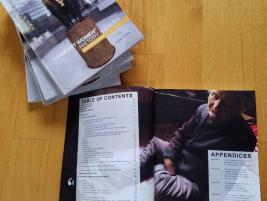
- To a humane society cherishing the history of marginalized populations – Interview with Sohn Sung-sook, President of the Education for Social Justice Foundation (ESJF)
-
Sohn Sung-sook, President of the Education for Social Justice Foundation (ESJF)
-
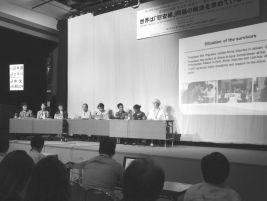
- The supranational nature of the 'comfort women' issue and the ‘glocalization’ of memories, Part 1
-
Written by Shin Ki-young, Professor at Ochanomizu University, Japan
